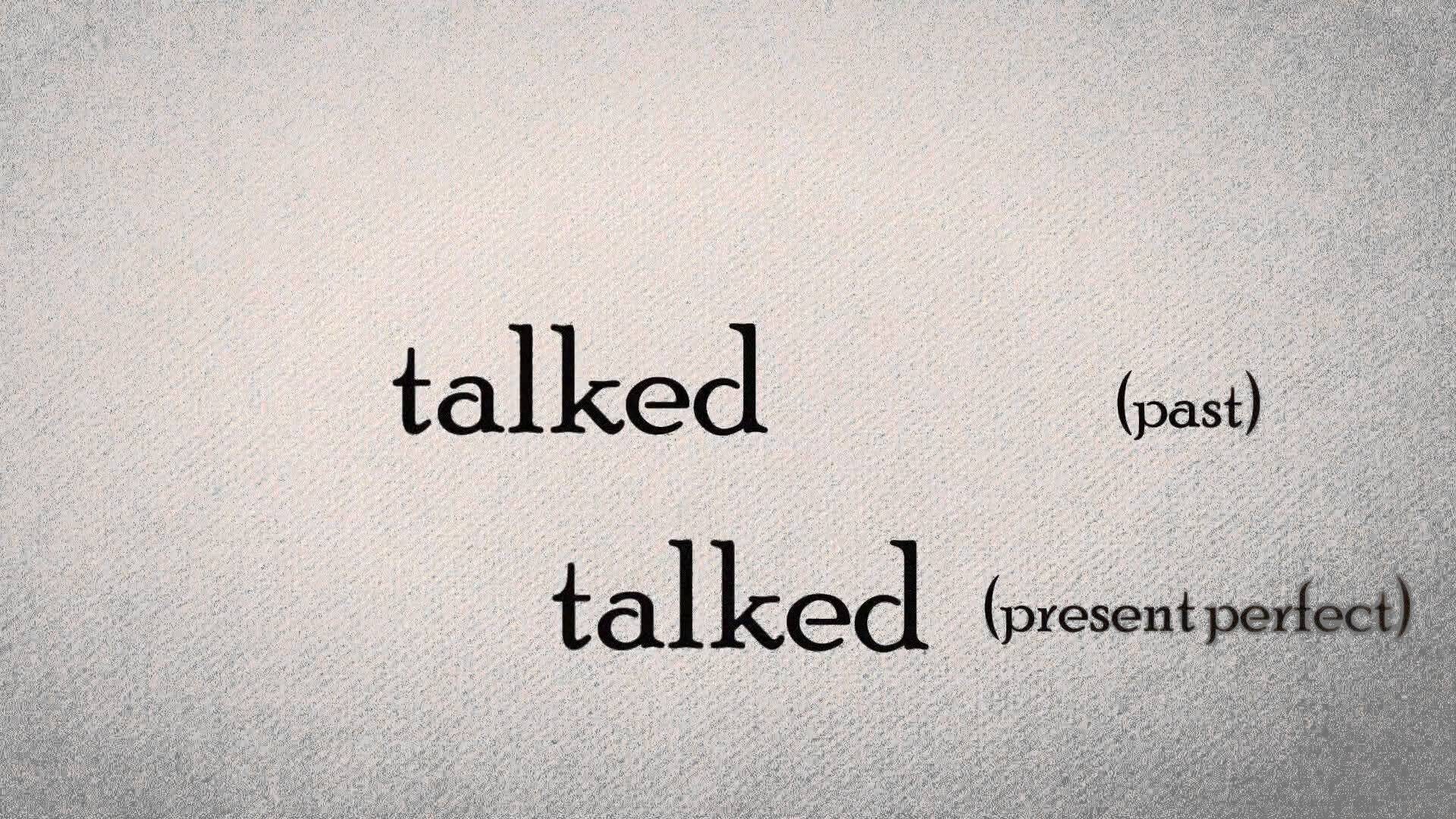Why do some speakers say, “have drank” or “have went” instead of “have drunk” or “have gone”?
You can hear “have drank” or “have went” in regions across the U.S., including the south and midwest. So what’s happening here?
It appears that speakers are creating regularity with irregular verbs.
Let me explain what I mean.
Let’s start with a regular verb like “talk.” This verb has the following forms in the first person:
• present tense: “I talk”
• past tense: “I talked”
• present perfect: “I have talked”
You’ll notice that with “talk,” as is true of all regular verbs, the past tense and past participle are exactly the same: “I talked” and “I have talked.”
Irregular verbs work differently. With some irregular verbs, there are three different forms. Let’s take a verb like “drink,” as an example. This verb has the following forms in the first person:
• present tense: “I drink”
• past tense: “I drank”
• present perfect: “I have drunk”
Here, the past tense (“drank”) and the past participle (“drunk”) are different. The verb “go” works similarly in terms of having three different forms:
• present tense: “I go”
• past tense: “I went”
• present perfect: “I have gone”
Some speakers are are trying to make these irregular verbs act a little more like regular verbs.
That said, they are not making them completely regular by giving them an –ed past tense and past participle. They’re not saying “I drink,” “I drinked,” “I have drinked.” But they are making the past tense and past participle match: “I drank,” “I have drank.” It’s exactly the same way speakers use the past tense “talked” with the past participle “I have talked.” This helps explain the attempt at the regularization of the verb “go” when people turn its past tense, “I went,” into the past participle “I have went.”
Now you suddenly may be wondering, “Wait a minute. Why is ‘went’ the past tense of ‘go’?” That is a very good question.
“Go” has long been a highly irregular verb in English—sometimes called a defective verb—where it has a past tense that doesn’t match its present tense.
How did this happen? During the Renaissance, the verb “go” took on the past tense of the verb “wend,” so in modern English the present tense with “go” is paired with the past tense of “wend” (thus “went”). Then “wend,” which had lost its past tense to “go,” took on a new past tense, as in “I wended my way.”
Because “go” is such a common verb in English, it can maintain a highly irregular past tense. Kids learn the irregular past tense “went” early on and may well never think about it again—unless, of course, they take a history of English course or read this column.
This video originally appeared in LSA Today, where you can find more videos, including an archive of Anne Curzan’s discussions of language.




John King
I just wanted to write to let you know I LOVE Anne Curzan’s regular videos about language usage. They are always fascinating and well produced.
Reply
John King - 1965
This is as easy as naming streets Oneth, Twoth, Threeth…
Seriously, why are the first three ordinal numbers so irregular/different from all the rest?
John King
Reply
Rick Stevens - too many
Seems like another excuse to excuse sloppy spelling and grammar.
Were rapid like becomin a nation of ilerates.
Reply
Anita Goldstein - 1966
What about the difference between alright and all right, usage-wise?
Reply
Doug Stetson - 69
If I thought for a moment that people saying, “I have went,” were actively and thoughtfully attempting to make irregular verbs “a little more regular,” I’d commend their revolutionary effort. But I suspect they are far more likely to be ignorant of the meaning of the term “irregular verb,” and are choosing their verb forms in an effort to conform to a peer group, potentially at the expense of being excluded from other peer groups that use the language more conventionally.
Reply
Amy Olszewski - 2001
Anita, as far as I know, ‘alright’ is technically not recognized as a real word; ‘all right’ is considered correct usage.
Reply
Philip Du Toit - 2002
What is the correct American usage of the verb “drown”?
I hear: “He drownded” and “the tragic drownding” instead of “He drowned” and “the tragic drowning”.
This grates on my English ear, but is this correct in American English?
Reply